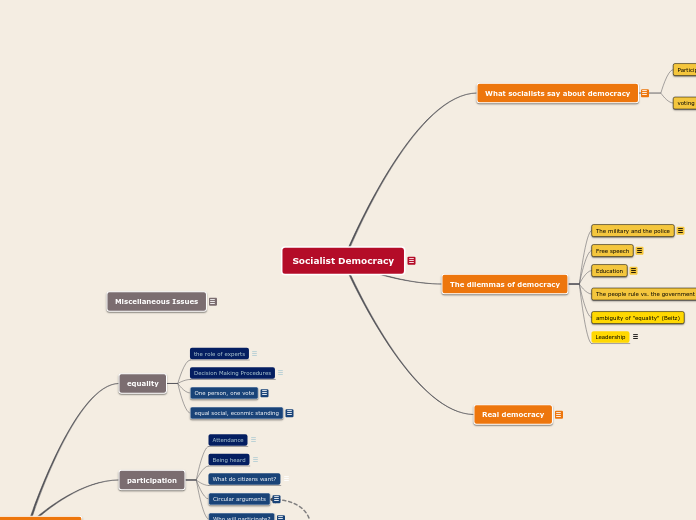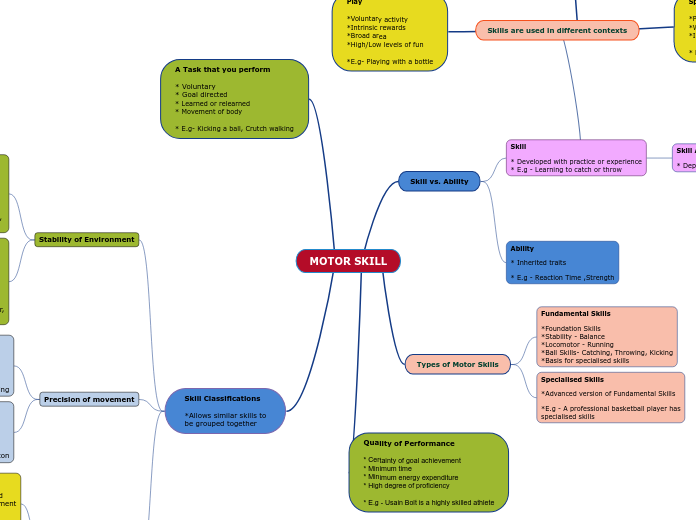Switzerland Culture
Dont's in Business Etiquettes in Switzerland
#3: Communication
Don’t ask many personal questions during conversations. Avoid making jokes during business meetings. Humour could be taken as mockery and the Swiss like to be taken seriously. The Swiss are direct and don’t appreciate shows of emotion. Don’t interrupt, be honest and sincere.
#2: Hand Gestures
Don’t go overboard with hand gestures. Hand gesturing may be appreciated in Italian workplaces, but in Switzerland people tend to be more reserved.
#1: Wining and Dining
Don't cut potatoes, soft foods including dessert, salads with a knife, instead use a fork. It is also important to keep your hands on the table during the meal and not on your lap. Otherwise, Swiss people think you are nervous, or hiding something.
Do's in Business Etiquette's in Switzerland
#3: Addressing Individuals
Always address someone first by his or her professional title, such as Dr, then their family name and only when invited to, use their first name. It is also important to shake hands with everyone, using a firm hand while making and make eye contact.
#2: Dress Code
The Switzerland business culture dictates a formal, conservative dress code. Although some professions are more relaxed, it is best to avoid casual wear at first meetings. Usually colours are dark and modest. The Swiss appreciate good personal hygiene. It is important to wear clean shoes, and have nice hair and nails.
#1: Be Punctual
Punctuality is still very important in Switzerland as a whole. Arriving late to a meeting or being unprepared will be seen as disrespectful and will be judged negatively. It is always best to arrive early and confirm appointments ahead of time. Make sure all documents and presentation materials are in order as well and be fully prepared to answer any questions that Swiss business associates may have.
Sports
Race-driving, cycling, golf, sailing are other popular sports played by the Swiss people.
Ice hockey and football are the most popular sports played in the country. Switzerland has hosted several major international sports events like the Winter Olympic Games of 1928 and 1948 and the 1954 FIFA World Cup.
Football
Ice Hockey
Languages
Switzerland has no dominant national language, which is why many different languages like Since Switzerland has no dominant national language, most literature in the country is written in French, German, Romansch or Italian are spoken in the country.
Italian
German
French
Swiss Clothing
WOMEN: Traditional clothing or Swiss women is very feminine with colourful dresses having puffed sleeves. Women also wear headgear's, laced aprons, bonnets, and embroidered bags. Another style involves a corset with a full-length skirt and an apron.
MEN: The traditional clothing for Swiss men has been quite simple and ordinary in most parts of the country. Leather shorts are worn by men as it makes it easier to climb on mountains while hiking or hunting. Men also wear shirts with long-sleeved jackets, breeches or trousers with stockings or woollen tights, and a headgear.
Hofstede Dimensions
#2: UNCERTAINTY AVOIDANCE
Uncertainty Avoidance (UAI) reflects the society’s level of tolerance for uncertainty. If a population has a high UAI index, it will institute strict rules, laws, policies, and regulations in order to reduce uncertainty within the population. However, if the country has a low UAI value, as Switzerland does since it has a score of 58, the population is more accepting of unique ideas, with greater tolerance of divergent points of view. The society will tend to have fewer rules and regulations relative to high UAI index countries.
Why did I pick this dimension
I picked this dimension as it is quite important within a society. Having the ability to implement your own ideas, values, and beliefs is really important for each individual. A reason for this is due to Switzerland having a direct democracy government, in which citizens can voice their concerns and have a say in government matters.
#1: POWER DISTANCE
Switzerland scores 34 in this dimension. The dimension generally answers the question about how a society handles inequalities among people. Meaning that in terms of dealing with inequalities among individuals, Switzerland ranks quite low. Which is essentially a good thing.
Why did I pick this dimension?
I picked this dimension as the Swiss population has a relatively equal distribution of power across the population's societal structure. This is important within a society as it shows the country does not have a large gap between the wealthy and the poor, but have a strong belief in equality for each citizen. The culture of Switzerland values eqliaty over inequality. Having this within a country is necessary to allow each citizen to be valued.
Religions
However, other religions in the country include, islam, Protestant, and Judaism.
Judaism
Islam
The federal state of Switzerland has no state religion. The majority of the population of the country are Christians.
Christianity
Music and Dances
Traditional dances like waltz, foxtrot, polka are popular among the Swiss and so are modern dance styles like breakdance, salsa, and rock and roll.
Switzerland has produced world-renowned composers like Frank Martin, Arthur Honegger, and Othmar Schoeck and Andreas Vollenweider.
Arthur Honegger
Swiss Cuisine
Muesli and bread with jam or butter serve as common breakfast foods. As well as Quiches and tarts.
Zürcher Geschnetzeltes is a traditional Swiss dish that features cream sauce flavored mushrooms and veal strips served with Rösti, a potato dish. Pizza and pasta are popular here. Swiss cheese and chocolates are famous across the world.
Traditional Swiss dishes are made of simple ingredients and are regionally influenced by Italian, German, and French cuisines. Potatoes and cheese are major ingredients of Swiss cuisine.









